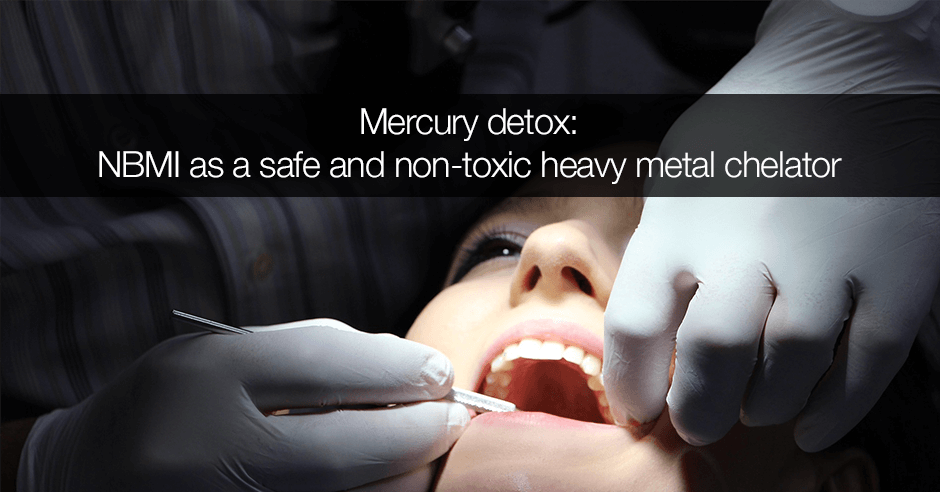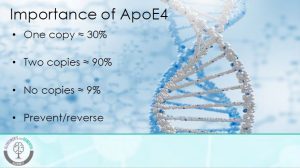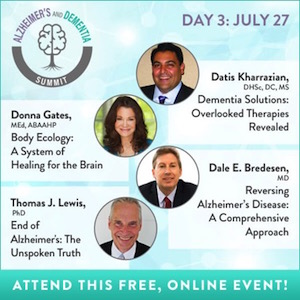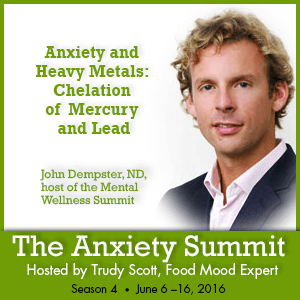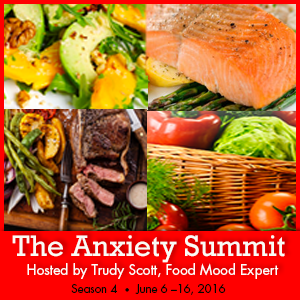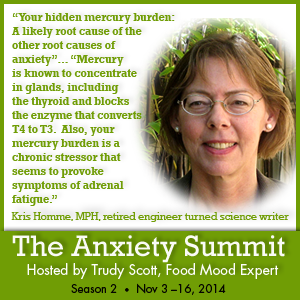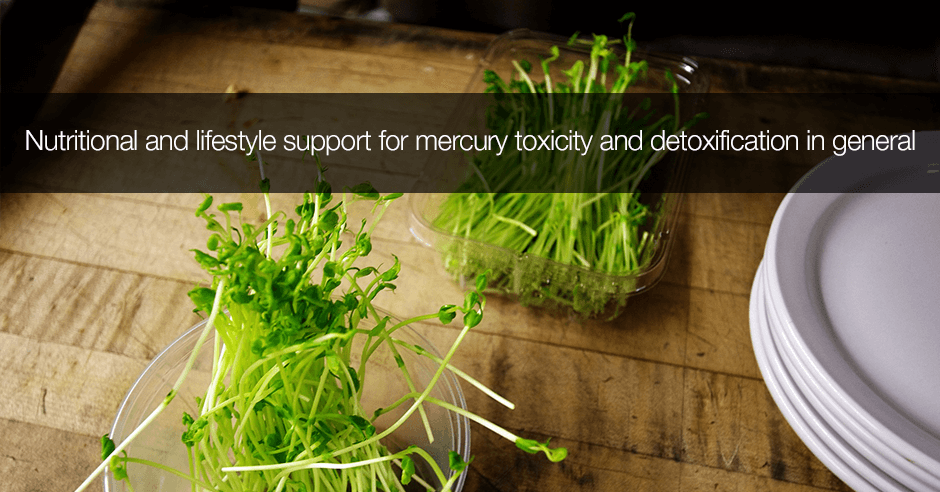
I’ve poured through most of the transcripts of the Heavy Metals Summit and there is so much information on nutritional and lifestyle support for mercury toxicity and the detoxification process in general:
- sweating and using a sauna in order to detox through the skin
- broccoli sprouts (due to a glutathione boost from sulforaphane, an organosulfur compound – in Julie Matthews’s interview)
- reducing EMF/ELF and microwave exposure – in Dr. Mercola’s talk! He shares how all this can make matters worse and has some simple approaches like turning off power in the bedroom at night! This was new to me and a brilliant approach!
- eating organic (to minimize GMO/glyphosate effects on a leaky gut and a leaky blood brain barrier) and never using Roundup
- addressing low zinc and low selenium
- supporting methylation so the body can detox on it’s own
- supporting the liver and increasing bile production which is needed for detoxification
- addressing low stomach acid which is needed for bile production and absorption of minerals like zinc (which is depleted by heavy metals)
- avoiding meds like PPIs (which reduce stomach acid) and NSAIDs (which contribute to leaky gut)
- thyroid support/iodine (as needed)
- getting the brain’s glymphatic system working with sufficient sleep, melatonin (liposomal) and even liposomal GABA (in Dr. Christine Schaffer’s interview)
- supporting the vagus nerve in order to improve digestion and detoxification
- using an air filter and water filters
- using foods/products like curcumin, ginger, probiotics, apple pectin
- adding DPP-4 enzyme for gluten issues (mercury depletes this)
- avoid energy-efficient bulbs (they are high mercury)
- having Epsom salts baths
- improving elimination from the bowels and much more
This is the support I offer as a nutritionist and it’s wonderful to hear all these doctors/practitioners discuss about all this with a tie back to mercury, lead and other metals.
Whey is not mentioned on the summit but since someone shared how it’s benefiting her (in the comments of the Boyd Haley blog) I’m sharing here too since it helps with glutathione production. In this paper “a case is made for the use of hydrolyzed whey protein to support metal detoxification and neurological function.” I recommend whey to clients if tolerated.
Many years ago I heard a presentation by a biological dentist who then became a nutritionist – he shared that he used whey with mercury toxic patients (together with other nutrients) and saw metals go up in hair analysis and then come down as their symptoms improved.
As I’ve mentioned in the past, mercury chelation is a controversial topic and you’ll see comments very divided on what the safest approach is. This is not my area of expertise and I’m very cautious with recommendations in this area as I’ve had reports of harm from individuals using all the approaches you’ll hear about on the summit (and even the Andy Cutler protocol which is not covered). My best advice is to follow all the nutritional/lifestyle recommendations and if you do decide to go the chelation root, do your homework, find a practitioner to work with and listen to your gut. If what you’re doing doesn’t feel right then stop doing it.
As with any chronic health condition, mercury detox is a comprehensive approach and very individualized.
There is also a discussion about safe removal of amalgams/mercury fillings. They do need to be done safely so as not to cause further issues. The IOMT also offers excellent guidelines.
The summit also covers other metals like copper (Ann Louise Gittleman covers this and I blog about it here), arsenic (Dr. Joseph Pizzorno covers this – reducing consumption is a big factor; and non-organic chicken is a source) and aluminum.
You can still register here to hear day 7 interviews and the encores: The Heavy Metals Summit.
Have you seen benefits with a nutritional approach?

